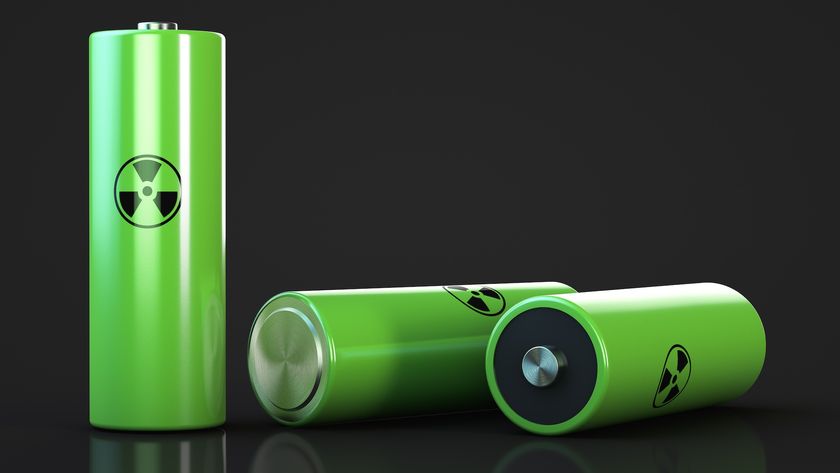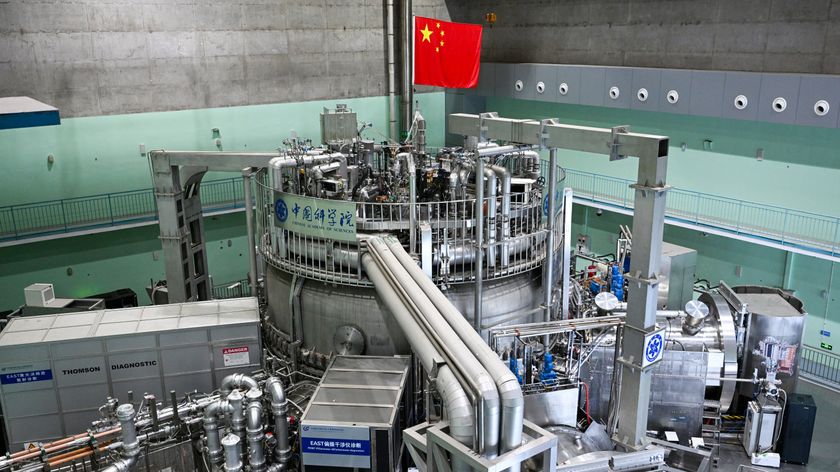Cellphone Needs Charging? Urine Luck

The next time nature calls, you can answer with a urine-powered cellphone.
British researchers at the Bristol Robotics Laboratory (BRL), a joint venture between the University of the West of England and the University of Bristol, have created a fuel cell that uses bacteria to break down urine and, in the process, generate electricity.
Though the device produces just enough power to make one cellphone call, researchers believe they are on track to create more powerful fuel cells, The Telegraph reports.
"The beauty of this fuel source is that we are not relying on the erratic nature of the wind or the sun. We are actually reusing waste to create energy," Ioannis Ieropoulos, an engineer at BRL, told The Telegraph.
"One product that we can be sure of an unending supply is our own urine," Ieropoulos said.
Many other research efforts worldwide have focused on creating energy from waste. Engineers from Penn State University have found a way to generate hydrogen fuel from winery waste; their electrical generator now provides power at Napa Wine Company in Oakville, Calif.
And Ohio State University researchers have found that they can create electricity from cow manure, as well as from microbes living in a cow's digestive tract.
Sign up for the Live Science daily newsletter now
Get the world’s most fascinating discoveries delivered straight to your inbox.
To charge a cellphone, BRL engineers grew bacteria on carbon-fiber anodes inside ceramic cylinders. When urine passed through the cylinders, the bacteria broke down sugars and other compounds in the waste to produce a small electrical charge.
The bacteria are the same type used in wastewater-treatment systems, and the cost of the fuel cell was less than two dollars. Could urine someday be used to provide low-cost electricity in developing countries?
That's the hope of the developers of the project, which was partially funded by the Gates Foundation. Researchers believe the technology might someday be installed in bathrooms to help power domestic devices such as showers and electric lights.
Worldwide, people and livestock produce roughly 10 billion gallons (38 billion liters) of urine each day, The Telegraph reports.
Follow Marc Lallanilla on Twitter and Google+. Follow us @livescience, Facebook & Google+. Original article on LiveScience.com.












